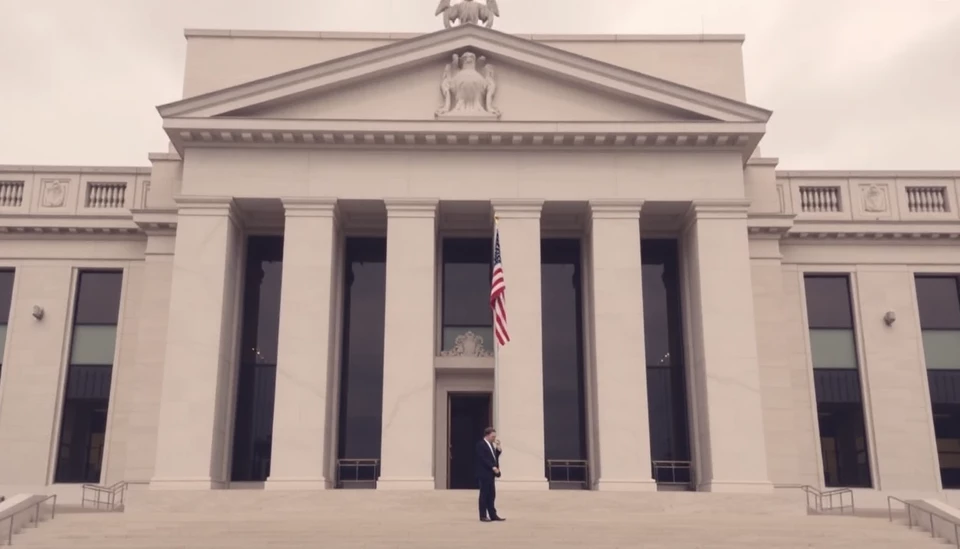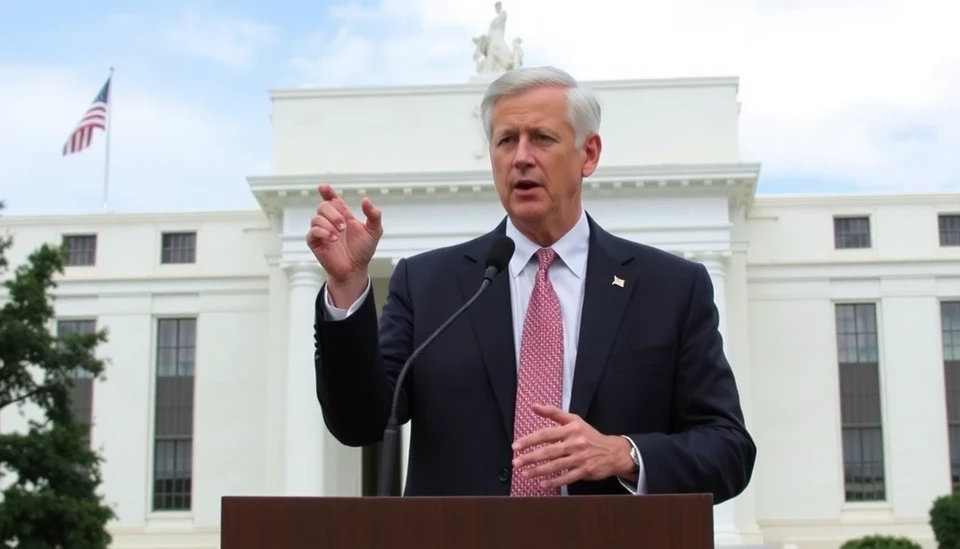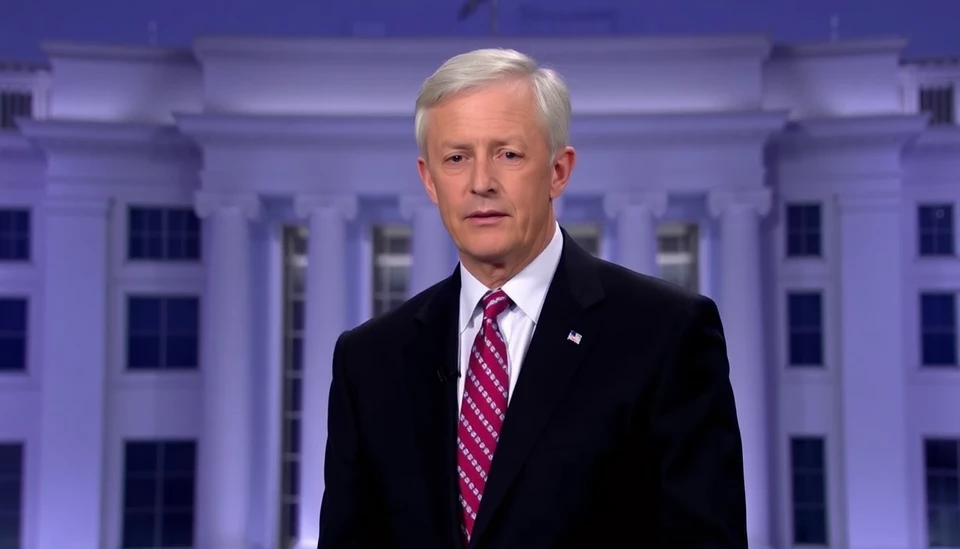
In a recent statement made by Federal Reserve Governor Christopher Logan, he emphasized the critical role that the central bank must play in mitigating the potential long-term inflationary impacts of tariffs. Addressing the current economic landscape, Logan underscored that the Fed's primary objective is to ensure that recent tariff adjustments do not lead to persistent price increases that could destabilize the economy.
Logan's remarks come during a time of heightened scrutiny over U.S. trade policies and their implications for inflation. As tariffs on various imported goods remain in place, concerns are mounting that these measures could squeeze consumers and businesses alike, ultimately leading to a broader inflationary environment. In his analysis, Logan pointed out that tariffs often result in increased costs for manufacturers and retailers, who may pass these higher expenses onto consumers.
Furthermore, Logan highlighted the necessity of closely monitoring price trends and inflation metrics to gauge the true impact of tariffs. He indicated that should inflationary pressures materialize as a consequence of these trade barriers, the Fed might need to reconsider its current monetary policy strategies. This precautionary approach is aimed at preventing any adverse effects on economic growth while ensuring price stability in the long run.
Reinforcing the Fed's commitment to its dual mandate of maximizing employment and stabilizing prices, Logan stressed the importance of vigilance in adapting to evolving economic factors. The ongoing dialogue around tariffs and inflation has positioned the Fed as a critical player in navigating these complexities, and Logan's insights reflect a proactive strategy toward maintaining the economy's health.
As global markets react to shifts in trade dynamics, the Fed's policy responses will be closely scrutinized, not just by economists but also by investors and policymakers. Logan's statements are a call to action for a thorough reassessment of how trade measures intersect with inflationary risks, setting the stage for future discussions at the central bank.
In conclusion, Logan's warnings signal a pivotal moment for the Federal Reserve as it seeks to balance its monetary policies with the realities of international trade. The Fed's ability to navigate these challenges may very well define economic stability in the near future.
#FederalReserve #Inflation #Tariffs #ChristopherLogan #EconomicPolicy
Author: Rachel Greene




